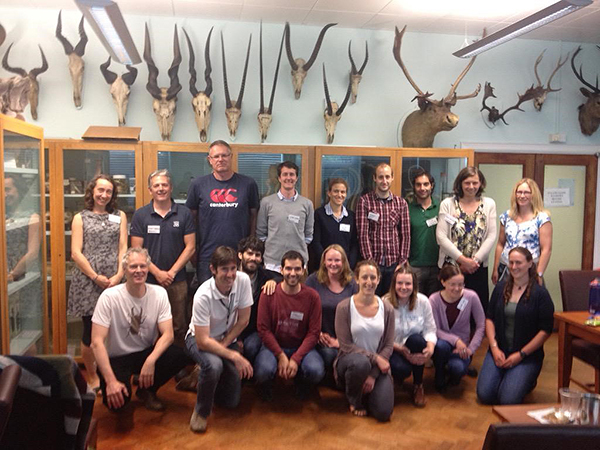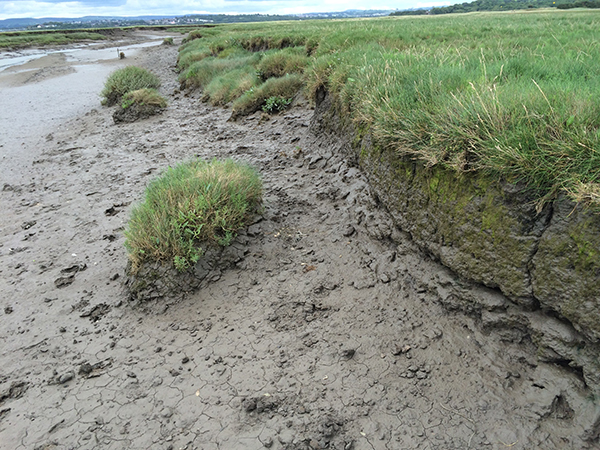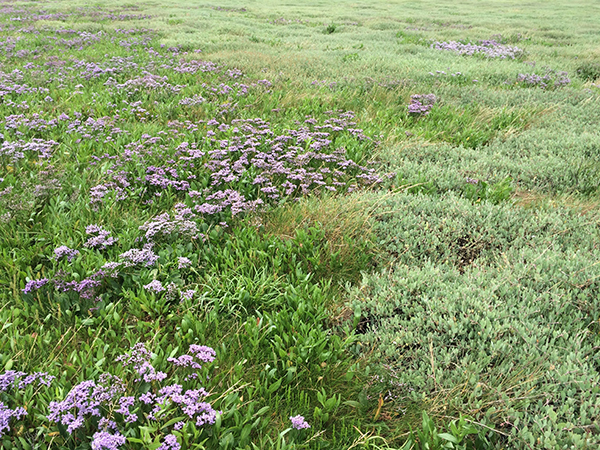A group of CBESS and RESILCOAST researchers are currently on a field trip to South Walian saltmarshes.
The main aim of this field campaign is to assess soil features, invertebrate communities and conduct vegetation surveys in ca. 20 marshes, within the CBESS project. In addition, a second and very important objective of the trip is for the new RESILCOAST fellows and PhD students to get hands on experience in the field and take advantage of the expertise of other researchers. This cross fertilisation of ideas between people and projects is a great way to come up with precise and feasible hypotheses to be tested in coming experiments.
On Monday 20th July, all RESILCOAST members attended a mini symposium at Swansea University. The new additions to the cluster were presented and all members interchanged their views and discussed how to advance the project.

Tuesday 21st July was a proper introduction to the saltmarsh system. We spent an entire day roaming up and down a marsh at Pembrey Burrows, where Angus Garbutt (CEH Bangor) taught the basics on botany and saltmarsh ecology to the new members of RESILCOAST. After a couple of hours we were all capable of identifying most of the species in vegetation surveys. Some of the vegetation patterns we observed in the mid marsh were striking; such as the very sharp transition between an Atriplex portulacoides dominated assemblages to a Limonium vulgare dominated ones.
The following day we have visited another marsh near Llanelli (Gowerton marsh). In this case, we were observing impressive patterns of creek erosion, and how slump blocks of fallen marsh may become “seeds of resilience” for saltmarsh recovery.

We can be sure that exciting pieces of research will follow these days of experiences in the saltmarsh. Being in the field is the best way to have a head boiling with new ideas to be tested.
Dr Jordi Fauria, Bangor University

